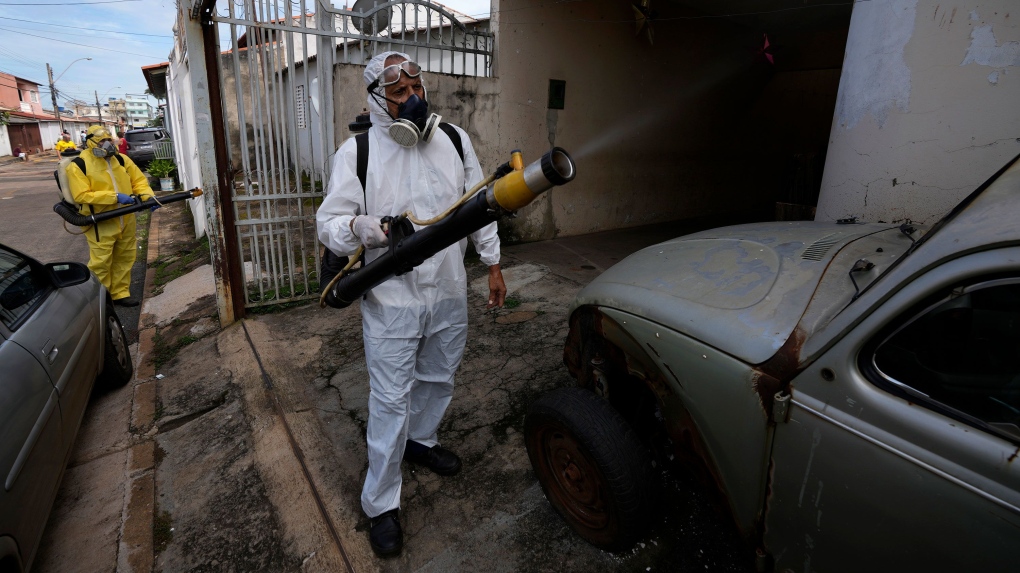Dengue cases are surging in the Americas, with cases reported topping 5.2 million as of this week, surpassing a yearly record set in 2023, according to the Pan American Health Organization (PAHO).
PAHO spokesperson Ashley Baldwin told CNN Thursday that 5,214,480 cases of dengue have been reported in the Americas as of Wednesday. In all of 2023, the total number of cases reported in the region was 4,572,765.
“We are in an emergency situation because of dengue,” PAHO Director Jarbas Barbosa said in a news briefing Thursday.
Countries in the southern hemisphere have been the hardest hit so far, with Brazil accounting for a majority of the cases. In February, Rio de Janeiro declared a state of public health emergency amid a spike in cases.
In Peru, 20 of the country’s 25 region are under a health alert due to the epidemic, which has surged to more than 134,000 cases, the government said this week.
The situation appears to have stabilized in recent weeks in some South American hotspots, but PAHO warned that other countries in the region, including those in the northern hemisphere, must prepare for the arrival of spring and warmer temperatures.
“Most cases in the southern hemisphere occur in the first half of the year, and most cases in the northern hemisphere occur in the second half of the year,” Baldwin said. “So far, this year, we have seen cases peak in the south, and we would now expect an increase in cases in the north.”
The rise of dengue can be attributed to several factors, PAHO says, including rising temperatures, extreme weather events, rapid population growth, and inadequate water and sanitation services, which can create mosquito breeding sites.
So far in 2024, the Americas have reported 1,858 deaths from the illness, less than last year’s total of 2,418.
A vaccine for dengue is available and can play a role in reducing severe cases and deaths, Barbosa said, but he warned it is not capable of immediately interrupting outbreaks.
To try to control the outbreak, PAHO recommends implementing a strategy that focuses on surveillance, control of the mosquito vector that transmits the virus and clinical management, Baldwin said.
“While there is currently no specific treatment for dengue (at any clinical stage), most cases are mild. Early detection and access to proper medical care will reduce the probability of dying due to severe dengue,” Baldwin added.
Dengue is a mosquito-borne virus that is spread mainly through the Aedes aegypti mosquito, also known to carry several other viruses, such as yellow fever, chikungunya, and Zika, according to the U.S. Centers for Disease Control and Prevention (CDC). It causes flu-like symptoms and can lead to death in extreme cases.
The virus is endemic in more than 100 countries in tropical and subtropical climates, mostly in urban and semi-urban areas, according to the World Health Organization. It’s also endemic in the U.S. territories of Puerto Rico, the U.S. Virgin Islands and American Samoa.

